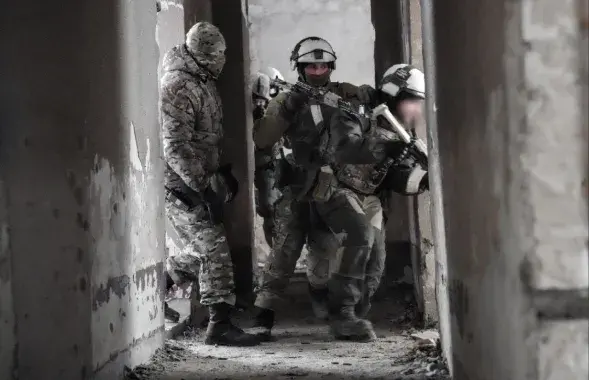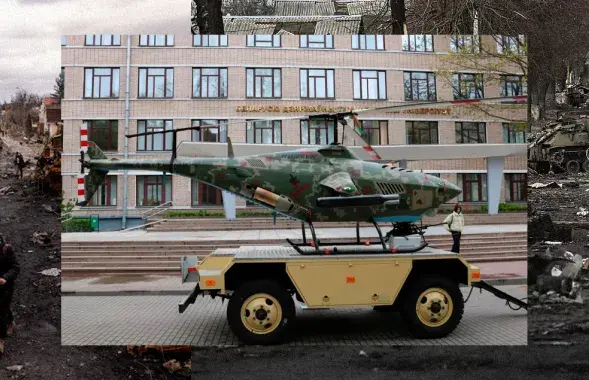Observer: International electoral standards were violated in Georgia
On May 26, the Independence Day in Georgia, the opposition took to the streets of Tbilisi in order to protest against the election results, which it said had been rigged. According to Georgia’s Central Elections Commission, Saakashvili’s party received 120 out of 150 seats, while the remaining 30 mandates went to the opposition. Holding their hands together, the deputies from the united opposition surrounded the parliament and tried to enter the building. However, the parliament was guarded by riot police troops. David Gamkrelidze, one of the opposition leaders, threatened to block Saakashvili’s deputies from entering the building. President Saakashvili said that the parliament was elected in accordance with the procedure and would commence work as scheduled. Belarus-born Hanna Kanjus, an international observer from the Swedish Liberal Center, was monitoring the vote in the city of Gori. She saw with her own eyes the violations of international electoral standards.
“People were receiving ballots without producing their IDs. The vote count procedure was not observed. Polling stations were located at police buildings although it is prohibited. There were also cases when people would come to vote in crowds. Power could go off at the time of counting. All those cases took place and could have affected the election results”, Hanna Kanjus says.
ERB: Do those who call Mikhail Saakashvili a “pro-Western dictator” and describe the Georgian opposition as “pro-Russian democrats” have a at least a slightest point?
“I would not simplify in this way. Yes, they (democrats) call Saakashvili a dictator and compare his rule with Lukashenka’s first years in office in Belarus. But the opposition also admits that tension and armed conflicts are inspired by Russia. Therefore, I would be cautious about calling the opposition a pro-Russian element. At large, all of them want to live in peace and without pressure”.
The Associated Press notes that this is the largest opposition action since last November when the police brutally broke up the protests, thus seriously damaging Mikhail Saakashvili’s image as a democratic reformer.
Photo: NTV

















